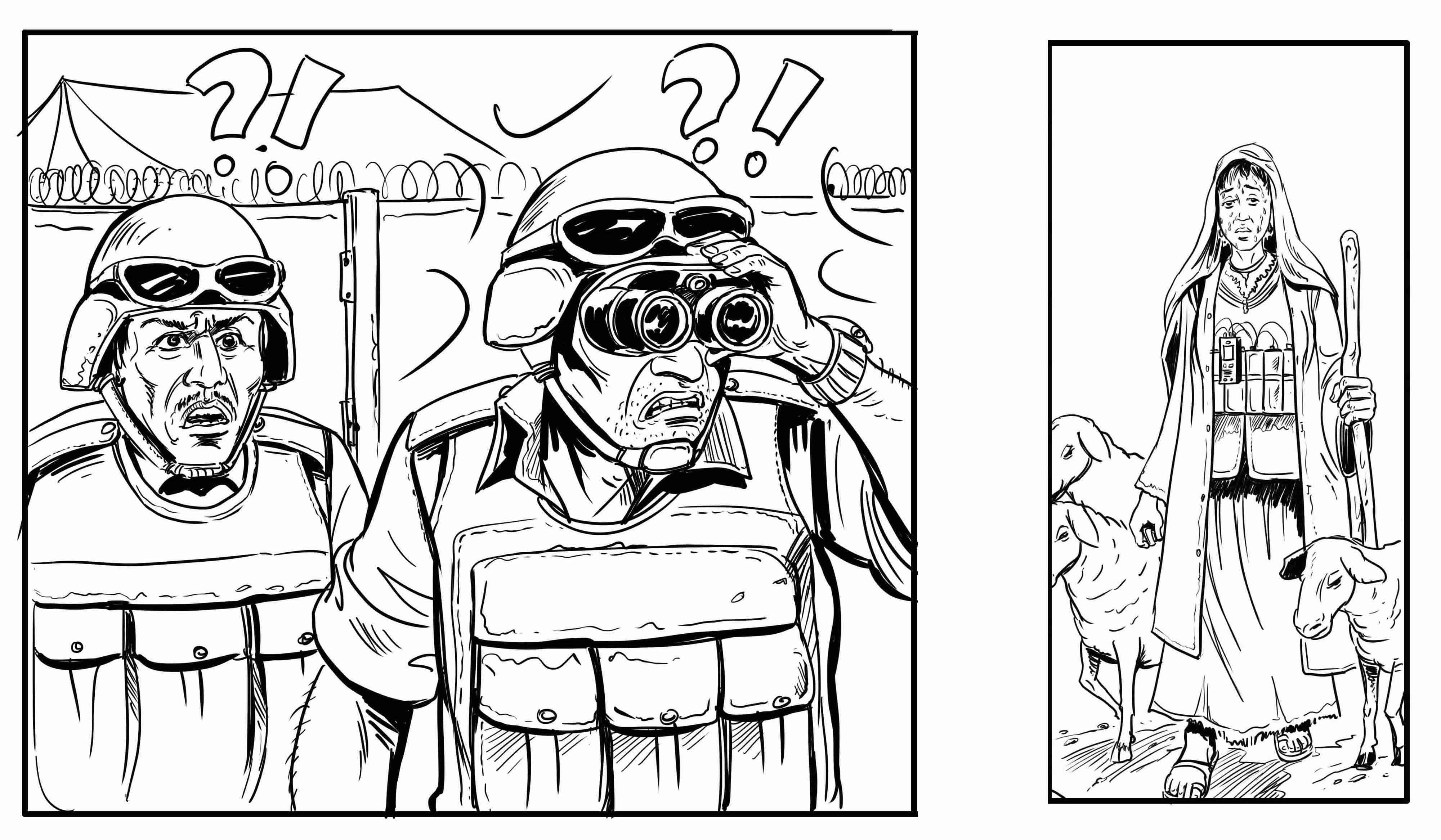By: Dustin Johnson
One of the most disturbing uses of children in modern warfare is as suicide bombers. This practice has been seen in a number of countries around the world in recent years, particularly in Syria, Iraq, and Nigeria. Most recently, on January 4th, three girls presumably used by the Boko Haram terrorist group attempted to bomb a market in the northeastern Nigerian city of Madagali. As they approached a checkpoint, they were confronted by local security forces who then fired on the girls, sadly killing all three, but preventing what could have been a much worse tragedy.
Through the work that the Roméo Dallaire Child Soldiers Initiative has done on understanding the use of children as soldiers, we have illuminated some of the reasons why an armed group would choose to equip a child as a suicide bomber. The primary reason is that normally security sector actors are less suspicious of children, and therefore are less likely to thoroughly search them at a checkpoint or assume that their behaviour is suspicious. Armed groups can take advantage of this to move a suicide bomber into position with less chance of being caught. Should security sector actors discover that the child has a bomb, they may be less likely to immediately fire on them as they are a child.
One of the scenarios that we role-play in our training for security sector actors is on encountering a child suicide bomber. In such a situation, our training helps security sector actors to attempt to deescalate the situation and prevent the child from detonating their bomb, thereby both saving the child’s life, and providing valuable intelligence that can be gathered from examining a bomb, while ensuring that their utmost priority is protecting themselves and nearby civilians from harm.
Sometimes, through the actions of security sector actors and the unwillingness of a child to take their own life and those of others, such attacks are prevented and lives saved, such as the case last year of a 15-year-old boy in Iraq sent to attack the city of Kirkuk. He was successfully detained and disarmed by security forces, rather than being killed, after deciding he could not carry out the bombing his ISIS commanders had ordered him to.
